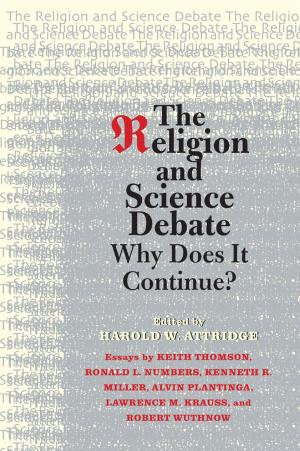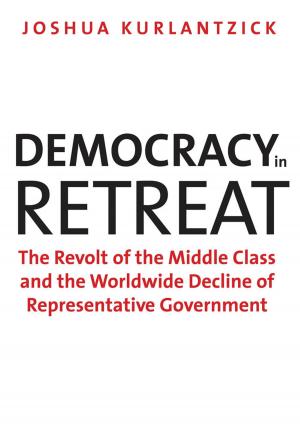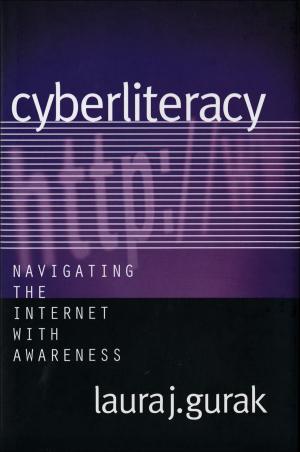The United States finds itself at the center of a historically unparalleled empire, one that is wealth-generating and voluntary rather than imperialistic, say the authors of this compelling book. William E. Odom and Robert Dujarric examine America’s unprecedented power within the international arenas of politics, economics, demographics, education, science, and culture. They argue persuasively that the major threat to this unique empire is ineffective U.S. leadership, not a rising rival power center.
America cannot simply behave as an ordinary sovereign state, Odom and Dujarric contend. They describe the responsibilities that accompany staggering power advantages and explain that resorting to unilateralism makes sense only when it becomes necessary to overcome paralysis in multilateral organizations. The authors also offer insights into the importance of liberal international institutions as a source of power, why international cooperation pays, and why spreading democracy often inhibits the spread of constitutional order. If the United States uses its own power constructively, the authors conclude, the American empire will flourish for a long time.















